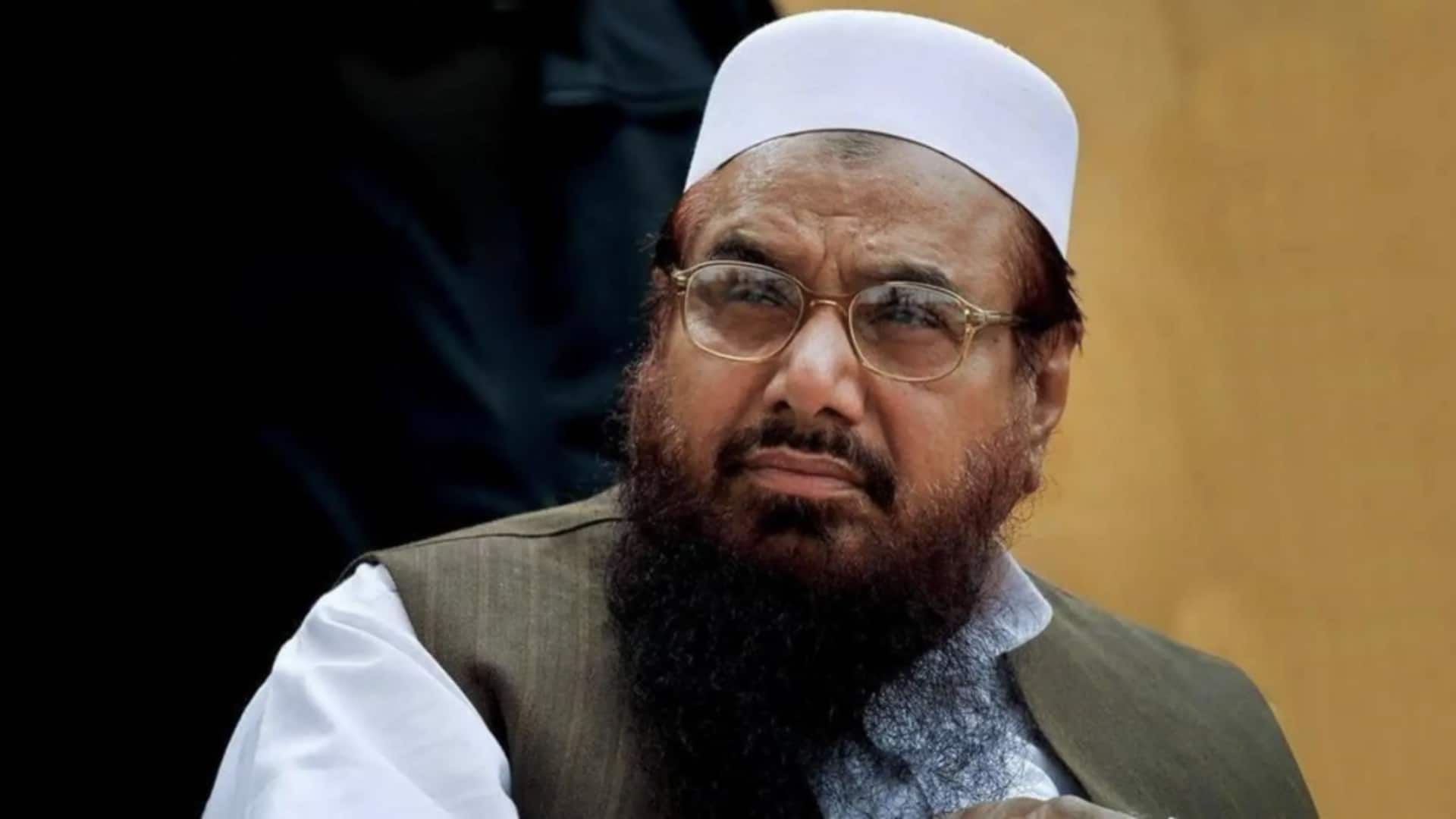
No treaty: Pakistan on India's extradition request for Hafiz Saeed
What's the story
Mumtaz Zahra Baloch, a spokesperson for Pakistan's Ministry of Foreign Affairs, on Friday confirmed Islamabad received India's request for the extradition of 26/11 Mumbai attacks mastermind Hafiz Muhammad Saeed.
"Pakistan has received a request from the Indian authorities, seeking the extradition of Hafiz Saeed in a so-called money laundering case," she said in a statement.
However, Baloch added that no bilateral extradition treaty exists between the two nations.
Context
Why does this story matter?
The development came after New Delhi formally asked Islamabad to extradite the founder of the terror outfit Lashkar-e-Taiba (LeT).
The 73-year-old is the mastermind of numerous terrorist attacks on Indian soil, including the 2008 Mumbai attacks.
India's request to extradite Saeed also came at a time when Pakistan is battling a grave economic crisis and the tag of a "terror haven," which is precluding it from receiving significant international aid.
Details
What India earlier said about Hafiz Saeed's extradition request
During a weekly briefing on Friday, Indian Ministry of External Affairs (MEA) spokesperson Arindam Bagchi said that Saeed is wanted in numerous cases in India.
He added Saeed is also a United Nations (UN)-proscribed terrorist.
"We have conveyed a request along with relevant supporting documents to the [Pakistan Government] to extradite him to India to face trial in a particular case," Bagchi stated.
What Next?
Saeed sentenced to over 30 years in prison
To recall, Saeed received a 33-year prison sentence in 2022 from a Pakistan court after his convictions in two terror financing cases filed by the nation's Counter-Terrorism Department.
Despite this, the 73-year-old LeT founder managed to avoid punishment for his alleged role in the 2008 Mumbai terror attacks.
Efforts to arrest him continue as authorities work to bring him to justice.
Know more
Despite prison sentences, Saeed roaming freely across Pakistan
The Pakistani terrorist has been awarded prison terms for terror financing numerous times in the past, including in 2020, when he was sentenced to 15 years in jail.
However, he has been evading arrest and freely roaming in Pakistan as the Jamaat-ud-Dawa chief (JuD). While JuD is known to be a LeT front, Saeed and his followers tout it as a charitable organization.
More details
Reaclling horrors of 26/11 Mumbai terror attack
A team of 10 LeT terrorists carried out coordinated terror attacks across Mumbai from November 26 to 29, 2008, killing nearly 170 individuals and injuring 300 others.
While nine of the LeT terrorists were killed, the lone survivor, Mohammad Ajmal Amir Kasab, was arrested.
Two years later, Kasab was awarded the death penalty in 2010 and was hanged in Pune's high-security Yerwada Jail in 2012.